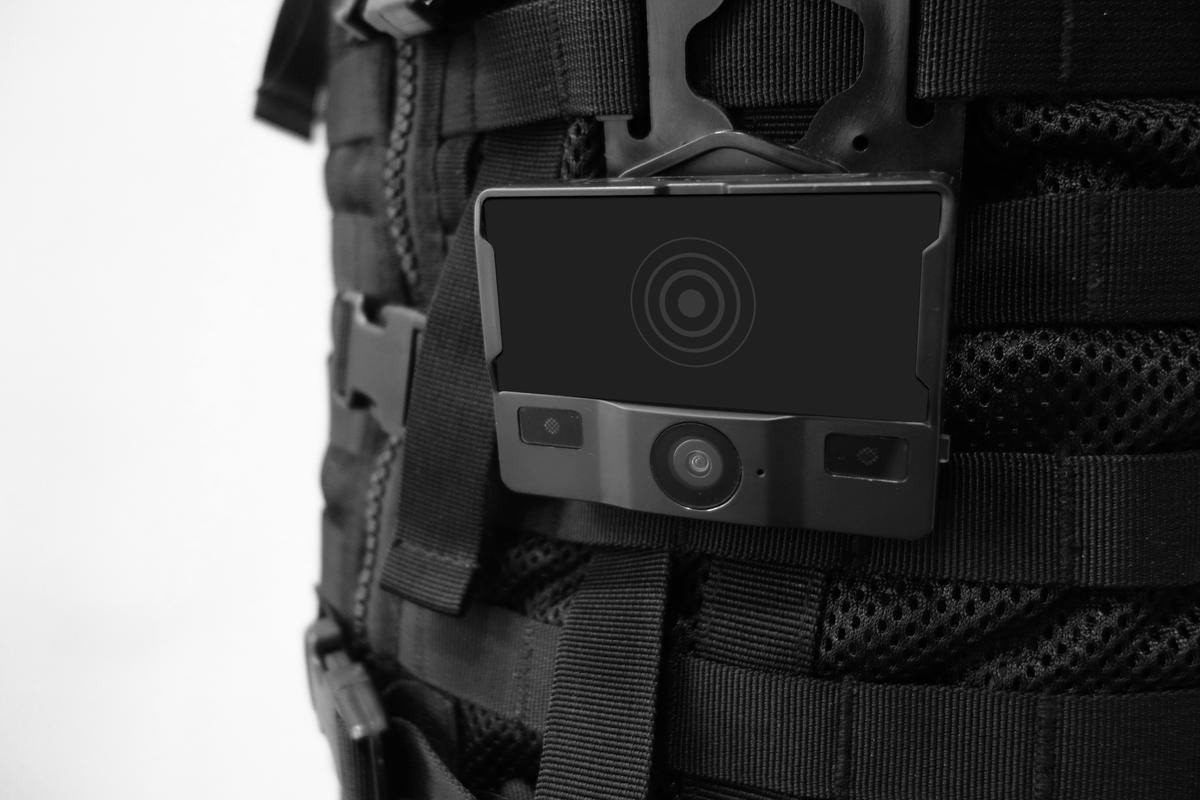Body worn video cameras

The use of body worn video cameras is to become compulsory for enforcement agents, with the Ministry of Justice looking to implement this reform as soon as possible.
Protection of debtors and enforcement agents
At Excel, we are 100% behind this reform and were among the first agencies to deploy them to all our enforcement agents in 2012. The use of body worn video cameras protects both debtors and enforcement agents and we believe that wearing body worn video cameras is in the best interests of all involved. This resonates with the opinion held by the Justice Committee, which stated, “This would protect both the agent and debtor and help make it easier to investigate complaints”.
The Local Government and Social Care Ombudsman’s evidence stated that they had not found fault in any case where the enforcement agent was wearing a body worn video camera. The LGSCO also added; “The availability of body-worn video camera evidence means we can make a firm ruling on complaints about the behaviour of the bailiffs, as opposed to relying on the unsupported statements of the parties involved.”
Greater security for all involved
Justice Minister Paul Maynard said “Whilst most bailiffs act above board, body-worn cameras will provide greater security for all involved - not least consumers who are often vulnerable. We are looking carefully at other measures to improve the system and will not hesitate to take action where necessary.”
The mandatory use of body-worn video cameras relates to High Court enforcement agents and certificated enforcement agents. It does not relate to County Court Bailiffs who are employees of HMCTS.
The Justice Select Committee will publish their inquiry later this summer which will include whether the regulations need strengthening and could also put forward the case of independent regulation if it is deemed necessary.
Support from the industry
The CEO of CIVEA, Russell Hamblin-Boone, commented “We have been working towards an industry agreement on the compulsory use of body-worn video. Following talks with Ministers, we are encouraged by the decision that all enforcement agents must record their activities, which should include in-house council teams. This decision offers reassurance to the public that standards are consistently high and gives protection to our agents who do a difficult job on behalf of local authorities.”



